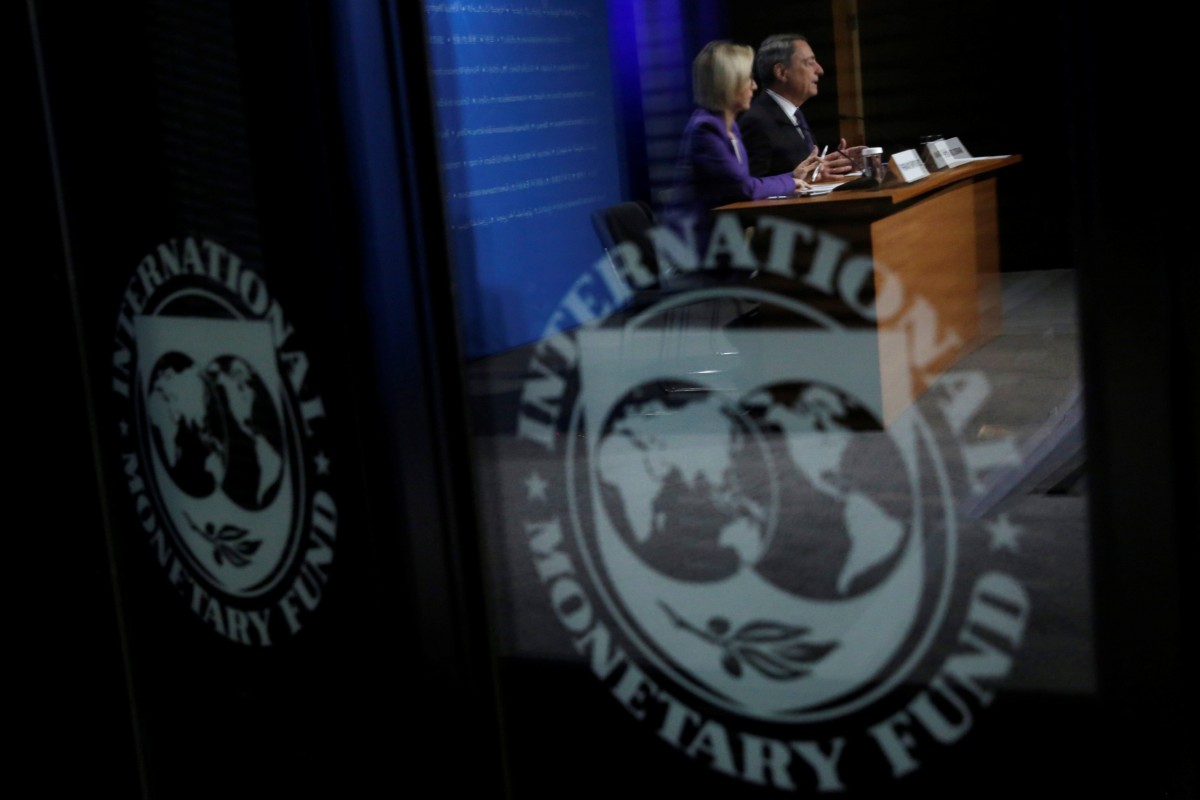
G7 Ambassadors (diplomats representing the UK, the U.S., Canada, France, Italy, Germany, and Japan) informed Minister of Finance of Ukraine Serhiy Marchenko of the measures that need to be taken to have the International Monetary Fund complete the review of its Stand-By Arrangement for Ukraine.
During their meeting with Minister, G7 Ambassadors "welcomed Ukraine's commitment to take the necessary actions, including reforming the High Council of Justice & on energy policy, to conclude the review of Ukraine's IMF programme," the Support Group tweeted.
Read alsoBreak in Ukraine-IMF talks could make hryvnia much weaker – expert"Delivering these commitments, as well as the positive plans we heard about regarding land reform and financing a green transition, will support Ukraine's macro-economic stability and development," the diplomats added.
Stand-By Arrangement: Background
On June 9, 2020, the IMF's Executive Board adopted an 18-month Stand-By Arrangement for Ukraine with funding equivalent to SDR 3.6 billion (about US$5 billion) aimed at helping Ukraine overcome the consequences of the COVID-19 pandemic.
On June 12, Ukraine received the first tranche of the IMF loan under the SBA worth US$2.1 billion.
In late November, the Finance Ministry reported on the successful completion of talks with the IMF on the benchmarks of the draft 2021 budget, which was one of the major prerequisites for starting the IMF to start the SBA review.
On January 11, 2021, the IMF mission resumed its work in Kyiv but the next day completed its work without making a decision on the SBA review.
"The discussions were productive, but more progress is needed to support completion of the first review under the program. Discussions will continue," IMF Resident Representative in Ukraine Goesta Ljungman said in a press release on February 13.
As per the IMF official, the discussions focused on strengthening governance of the National Bank; improvements to the legislative and regulatory framework for bank supervision and resolution; policies to reduce the medium term fiscal deficit; legislation restoring and strengthening the anti-corruption framework and the judiciary; and energy policy.

